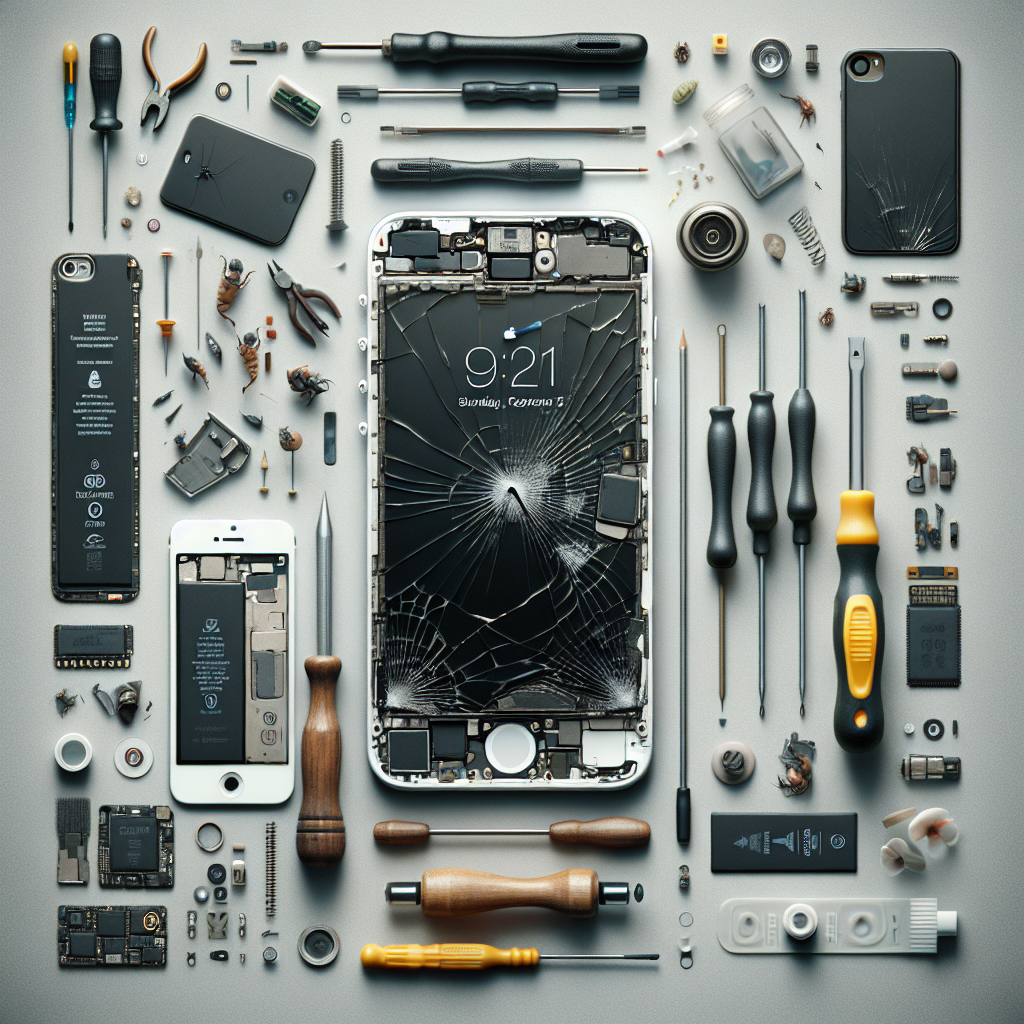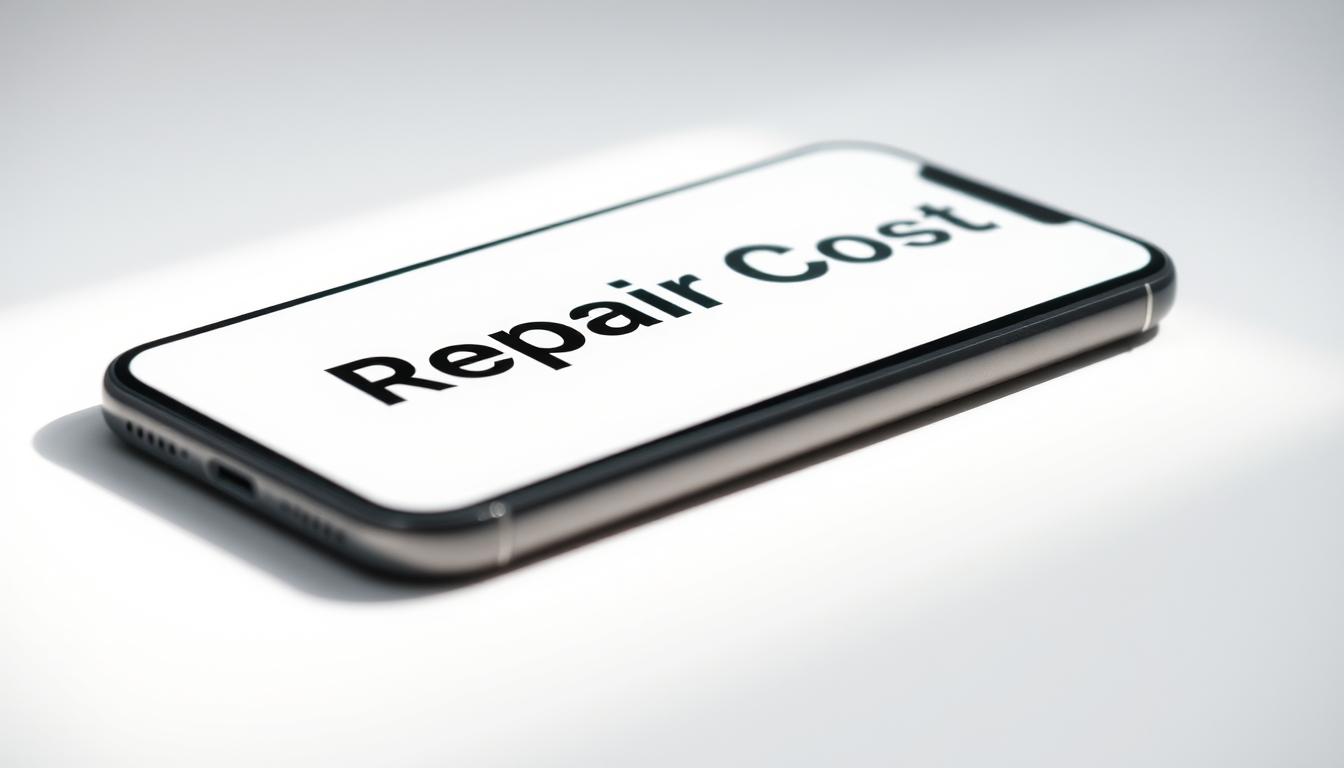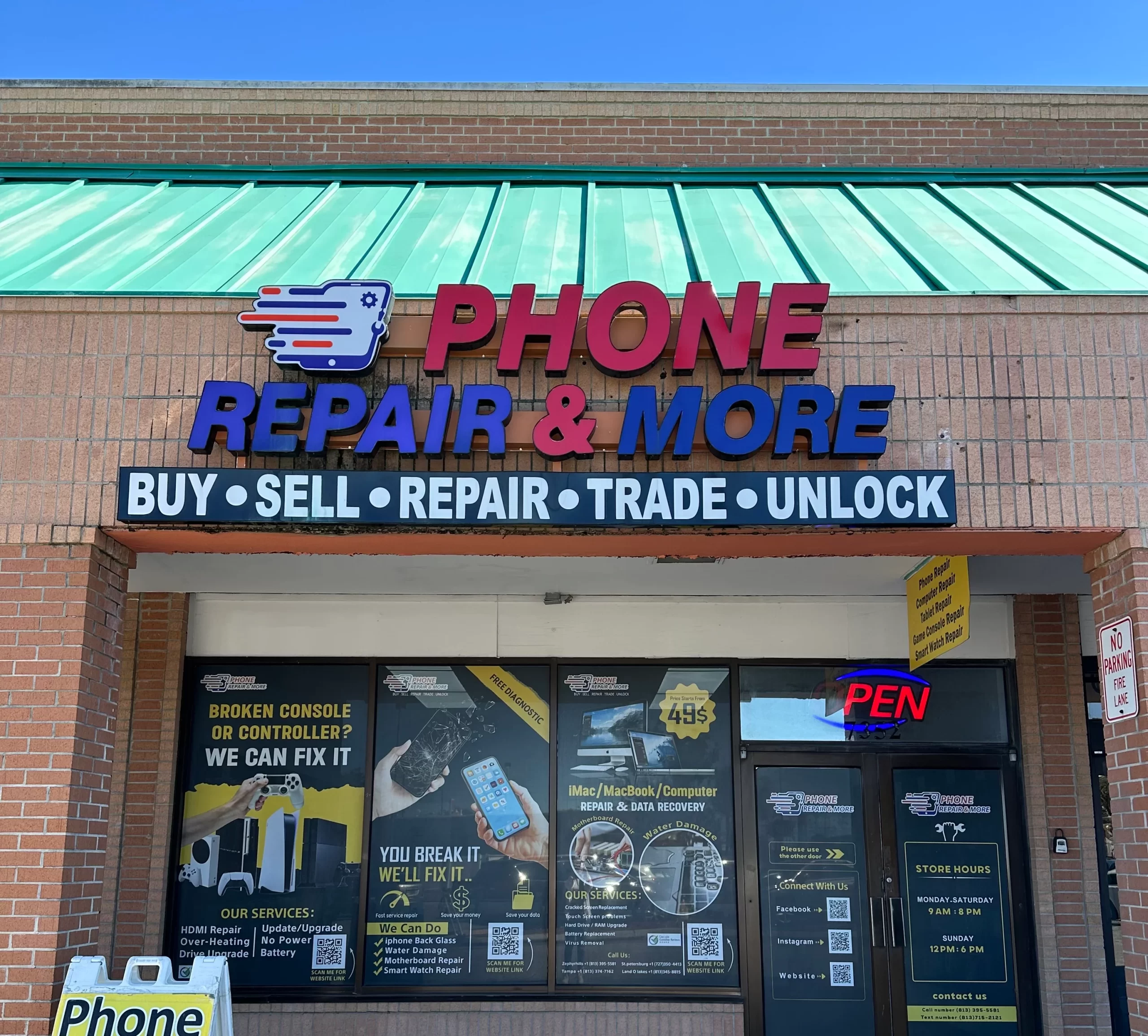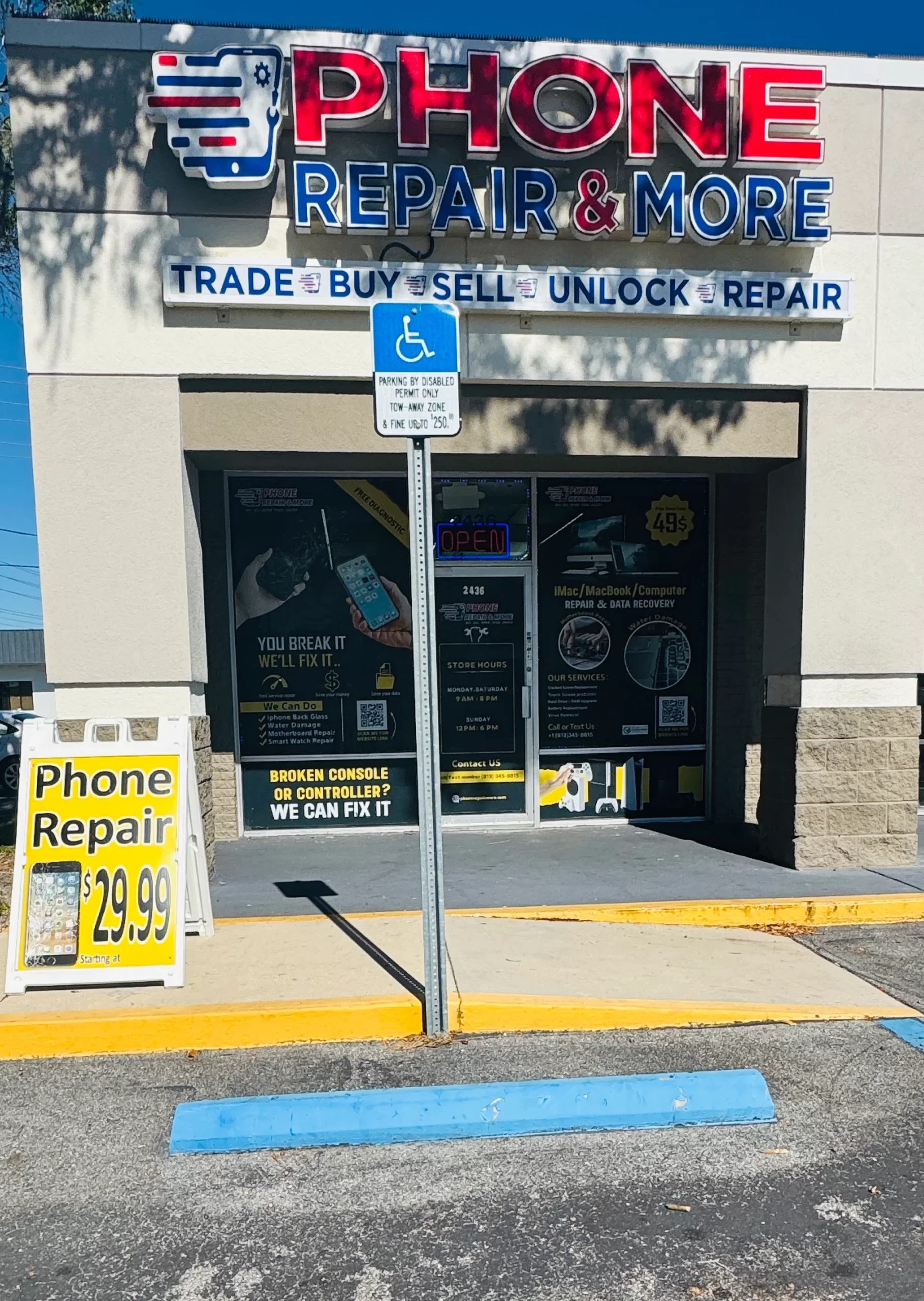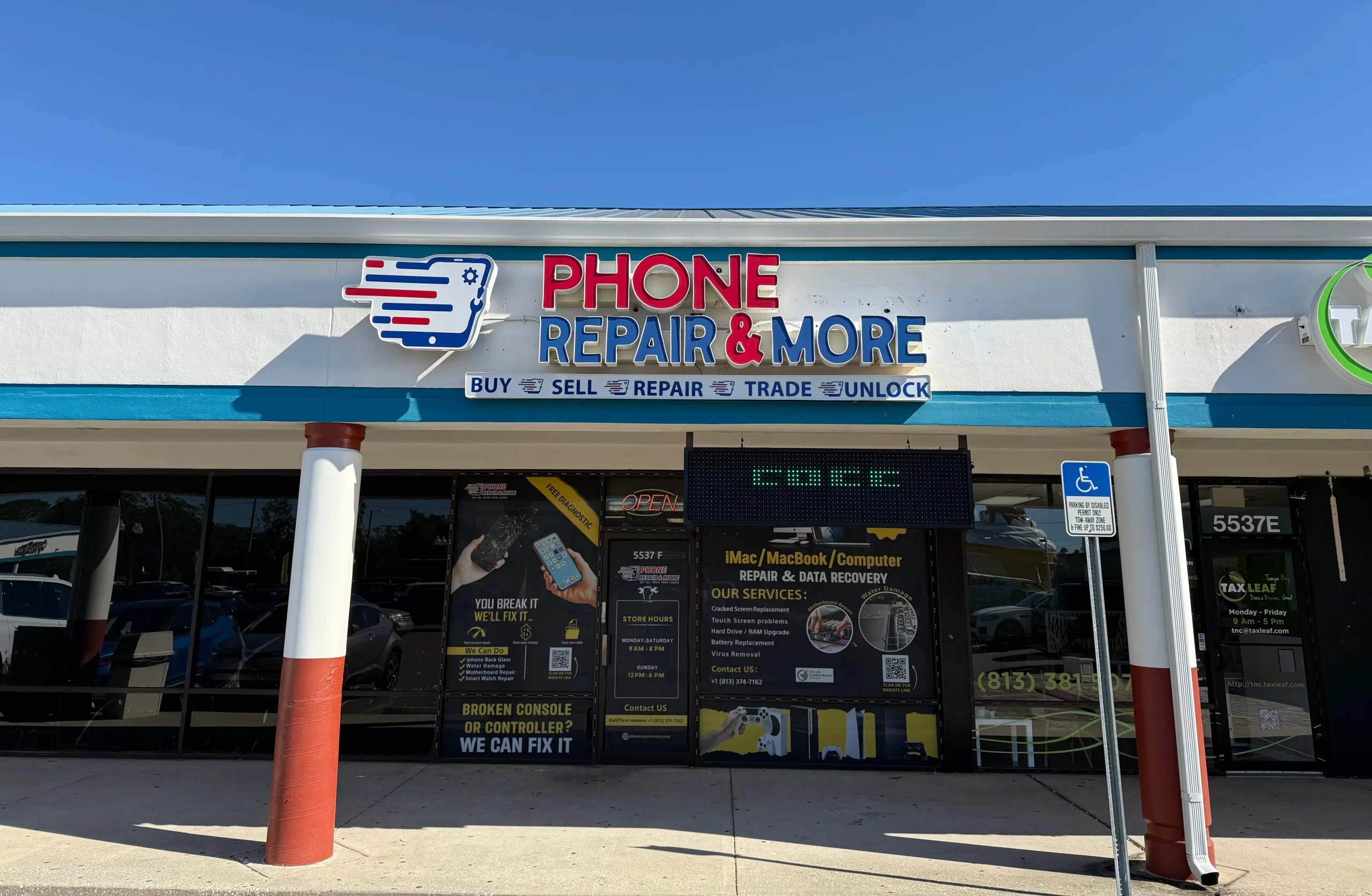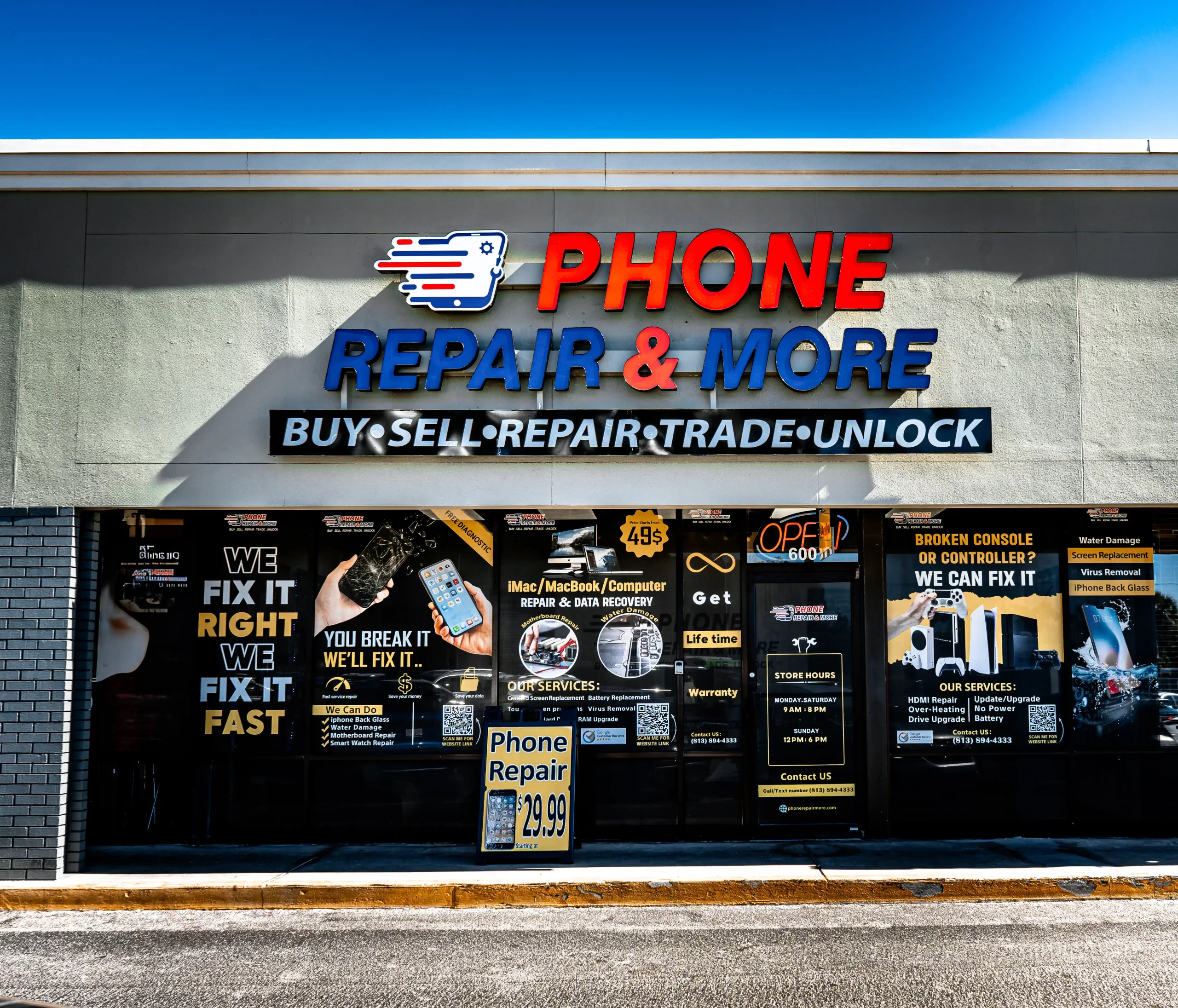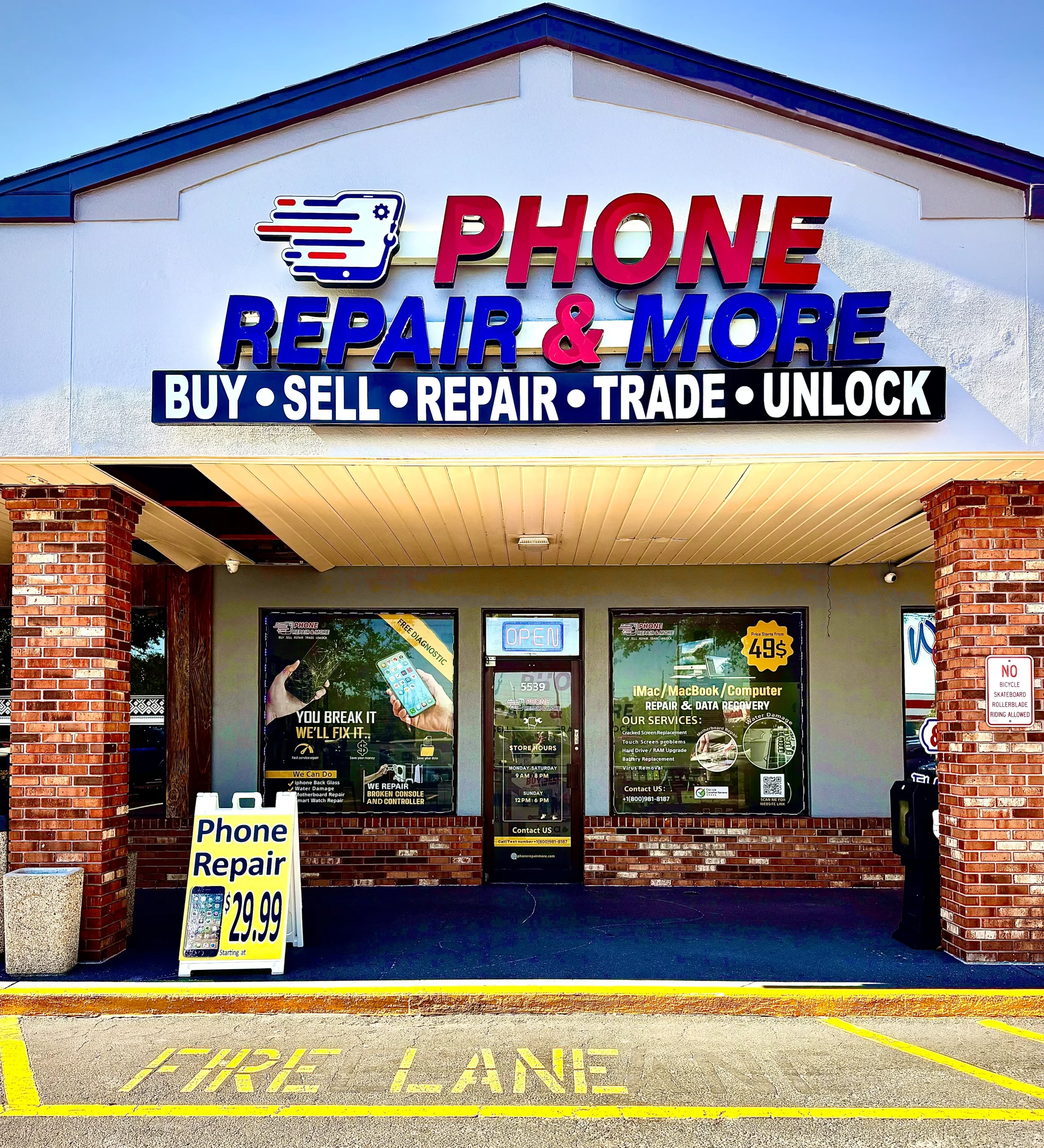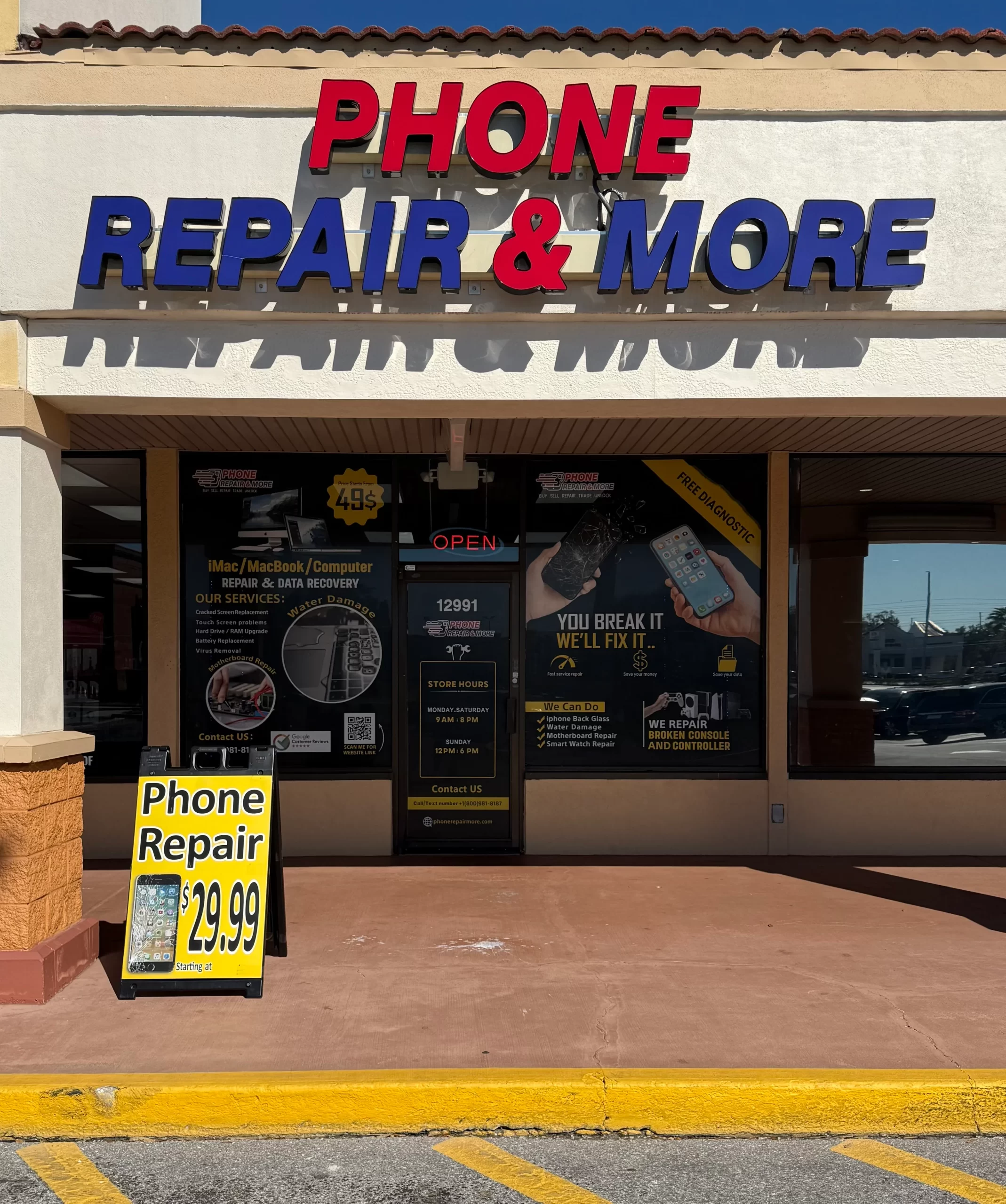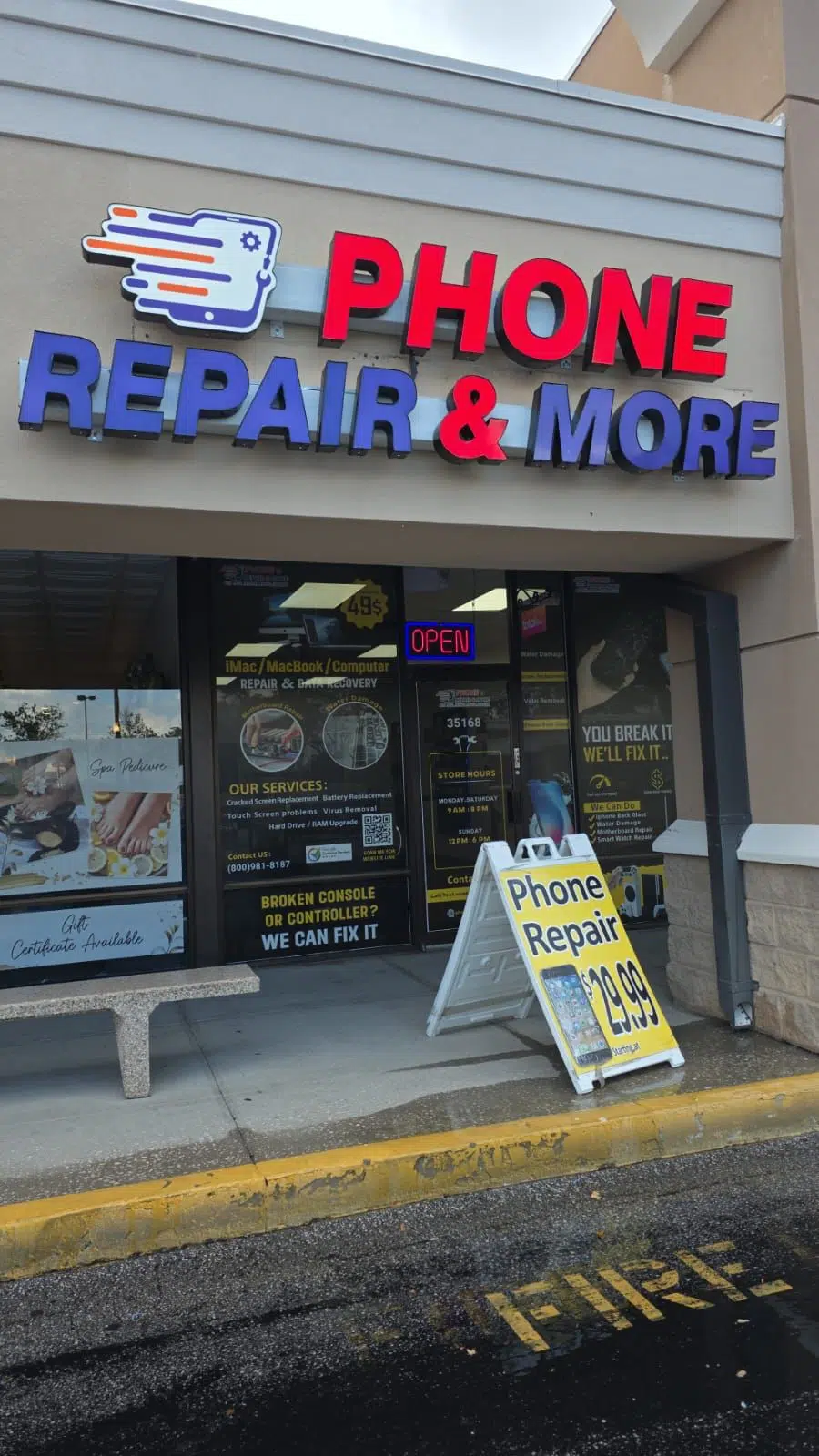Introduction
As an iPhone owner, you may have found yourself in a situation where your beloved device is not functioning as it should. Whether it’s a cracked screen, a malfunctioning battery, or any other issue, the question then arises: should you repair or replace your iPhone? This decision can be a tough one, as it involves considering factors such as cost, convenience, and the overall lifespan of your device. In this article, we will explore the pros and cons of repairing and replacing an iPhone, along with the factors you should consider when making this decision.
Table of Contents
- Pros and Cons of Repairing an iPhone
- Pros and Cons of Replacing an iPhone
- Factors to Consider when Deciding
- Key Takeaways
- Frequently Asked Questions
- Conclusion
Pros and Cons of Repairing an iPhone
When faced with a malfunctioning iPhone, repairing it may seem like the most logical option. Here are the pros and cons of repairing an iPhone:
Pros of Repairing an iPhone
- Cost-effective: Repairing your iPhone can often be more cost-effective than replacing it, especially if the issue is minor.
- Preserves data: Repairing your iPhone allows you to retain all your data, including photos, contacts, and apps.
- Familiarity: If you are accustomed to your iPhone’s user interface and features, repairing it allows you to continue using a device you are already familiar with.
- Eco-friendly: Repairing your iPhone helps reduce electronic waste and is a more sustainable option.
Cons of Repairing an iPhone
- Limited warranty: Repairs may come with a limited warranty, which means that if the same issue occurs again, you may have to bear the cost of repairing it.
- Unforeseen issues: Sometimes, during the repair process, other issues may arise, increasing the overall repair cost.
- Time-consuming: Repairing an iPhone can take time, and you may have to be without your device during the repair process.
Pros and Cons of Replacing an iPhone
If your iPhone is beyond repair or if the repair costs are too high, replacing it may be a better option. Here are the pros and cons of replacing an iPhone:
Pros of Replacing an iPhone
- Latest technology: Replacing your iPhone allows you to upgrade to the latest model, which may have improved features and performance.
- Warranty: A new iPhone comes with a warranty, providing you with peace of mind and protection against any unforeseen issues.
- Long-term investment: By replacing your iPhone, you are investing in a device that is likely to last longer and have better support in the future.
Cons of Replacing an iPhone
- Higher cost: Buying a new iPhone can be significantly more expensive than repairing your current device.
- Data transfer: When replacing your iPhone, you will need to transfer all your data, which can be time-consuming and may require additional setup.
- Learning curve: Upgrading to a new iPhone may involve a learning curve as you get accustomed to new features and changes in the user interface.
Factors to Consider when Deciding
When deciding whether to repair or replace your iPhone, it’s important to consider the following factors:
- Cost: Compare the cost of repairing your iPhone to the cost of buying a new one. Consider the extent of the repair needed and the potential for future repairs.
- Age of the device: If your iPhone is relatively new, repairing it may be a more viable option. However, if it is an older model, replacing it may be a better long-term investment.
- Overall condition: Assess the overall condition of your iPhone. If it has multiple issues or if it has been heavily used, replacing it may be a more practical choice.
- Future needs: Consider your future needs and whether your current iPhone can meet them. If you require advanced features or better performance, upgrading to a new iPhone may be the right decision.
Key Takeaways
When deciding whether to repair or replace your iPhone, consider the following:
- Repairing an iPhone can be cost-effective and allows you to retain your data.
- Replacing an iPhone offers the latest technology and a warranty.
- Factors such as cost, age of the device, overall condition, and future needs should be considered when making a decision.
Frequently Asked Questions
Q: How much does it cost to repair an iPhone?
A: The cost of repairing an iPhone depends on the issue and the model of the device. It is best to consult with an authorized repair service provider for an accurate estimate.
Q: Can I repair my iPhone myself?
A: While some minor repairs can be done at home, it is generally recommended to have your iPhone repaired by a professional to ensure proper and safe repairs.
Conclusion
Deciding whether to repair or replace your iPhone is a personal choice that depends on various factors. By weighing the pros and cons of both options and considering factors such as cost, age of the device, and future needs, you can make an informed decision that suits your individual circumstances. Whether you choose to repair your iPhone and continue using a device you are familiar with or replace it with the latest model, remember that both options have their own advantages and disadvantages. Ultimately, the choice is yours.

